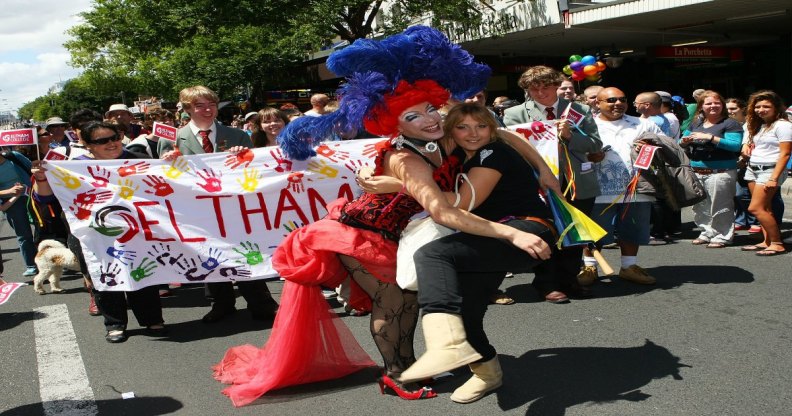South Australia told to abolish ‘gay panic’ murder defence

South Australia’s Law Reform Institute (SALRI) has told the government to abolish the “gay panic” legal defence currently in place in the state.
The controversial defence allows people accused of murder to have their charge reduced to manslaughter if they can prove that the killing was triggered by a gay advance.
This implies that the perpetrator committed the offence after being “panicked” because of unwanted sexual attention.
The advance on the perpetrator does not have to be violent for this defence to be used.

A report from SALRI said that the law discriminated on the basis of sexual orientation and gender identity.
It recommended removing the “gay panic” element of the law.
John Williams, director of the Law Reform Institute said: “It’s clear to us that the gay panic aspect of the current provocation defence is offensive and should be removed, and that any non-violent sexual advance of any kind should not amount to provocation.
“As a basic issue, we also believe that our laws in the 21st century should make it unacceptable for anyone to lose self-control and kill someone.”
South Australian Premier Jay Weatherill last year pledged to remove the “outdated and offensive” law.
He said his government was waiting on a report from SALRI on the best way forward – the report which has now been released.
Williams added that the government should wait for the second part of the report, which will follow shortly.
It will advise the government on whether to get rid of provocation as a defence entirely.
The South Australian Law Society argues that scrapping or changing the law is unnecessary, even though critics claim it is an outdated and archaic rule.
South Australia is the last jurisdiction to have the defence in place after Queensland amended its criminal law in March.
The legislation was passed even after criticism from the anti-LGBT Australian Christian Lobby, which claimed the change would be an attack on women’s rights.
Australia does not allow same-sex marriage, although the country is considering a ballot on marriage equality.

